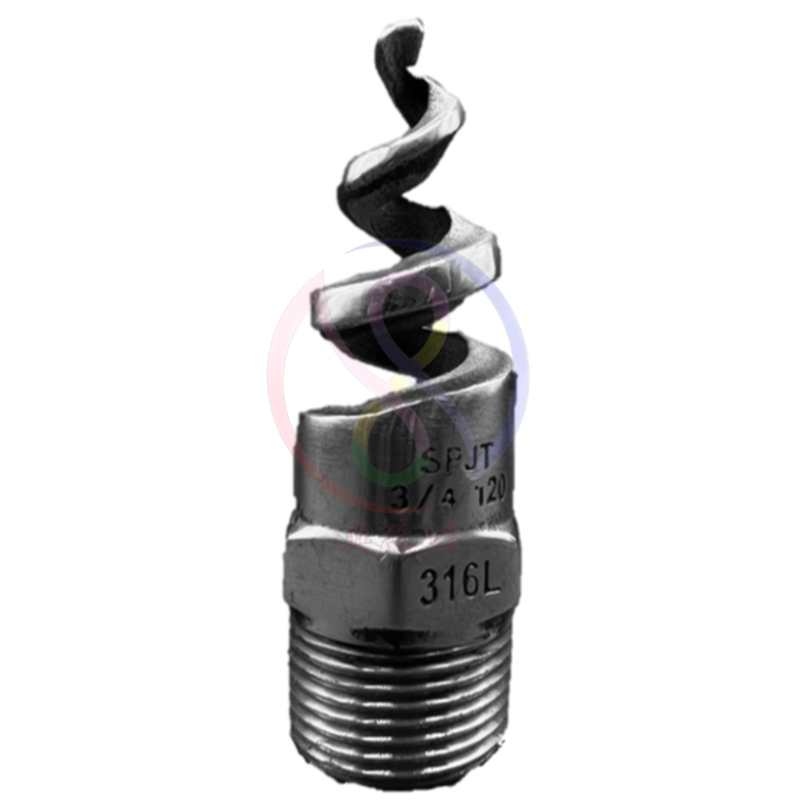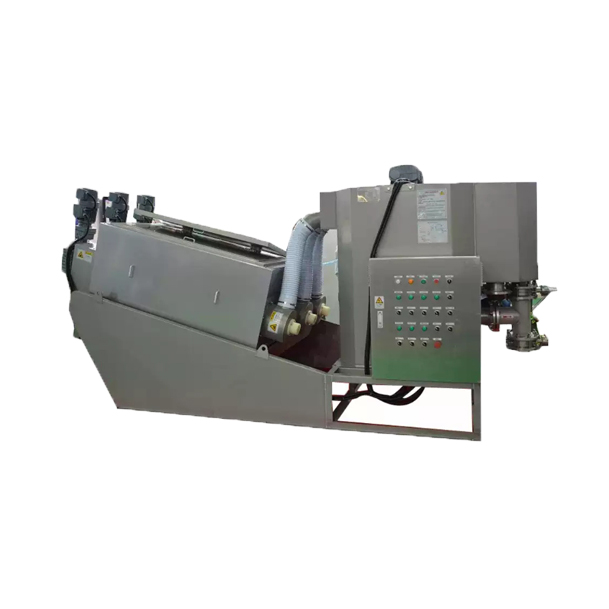-
商品資訊
Engine Valves are critical components in internal combustion engines, such as those used in automobiles and other machinery. They control the intake and exhaust of gases in the engine's cylinders, playing a key role in the engine’s efficiency and performance.
Main Uses
-
Gas Intake and Exhaust Control:
- Intake Valve: Regulates the entry of air or the air-fuel mixture into the cylinder during the intake phase of the engine cycle.
- Exhaust Valve: Controls the expulsion of combustion gases from the cylinder during the exhaust phase.
-
Improving Engine Efficiency:
- Combustion Efficiency: By accurately controlling the timing of gas intake and exhaust, valves help achieve optimal combustion, enhancing engine power and fuel efficiency.
- Emission Reduction: Proper valve operation helps effectively remove exhaust gases, reducing harmful emissions and meeting environmental standards.
-
Engine Performance Adjustment:
- Airflow Regulation: Valve design and operation adjust airflow based on engine load and operating conditions, providing smooth performance.
- Power Output: Precise valve control affects engine power output, improving acceleration and driving experience.
-
Cooling and Lubrication:
- Cylinder Cooling: Controlled airflow through the valves helps cool the cylinders and prevent overheating.
- Oil Circulation: Some engine valves also influence the flow of lubrication oil, maintaining internal lubrication and smooth operation.
Advantages
-
Performance Enhancement:
- Optimized Combustion: Accurate valve control leads to optimal combustion, enhancing engine performance and fuel efficiency.
-
Emission Reduction:
- Environmental Compliance: Effective control of exhaust gas emissions ensures compliance with emission standards and reduces environmental impact.
-
Smooth Operation:
- Stable Running: Properly designed valves ensure stable engine operation, contributing to a smoother driving experience.
-
Gas Intake and Exhaust Control:
-
商品Q&A




